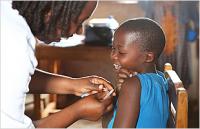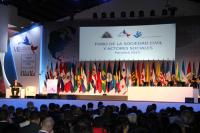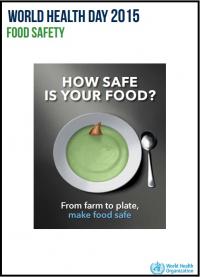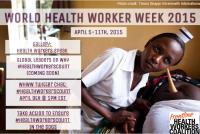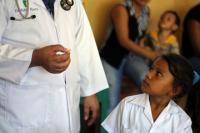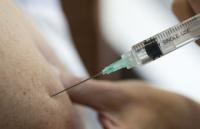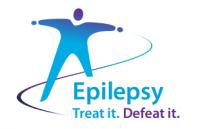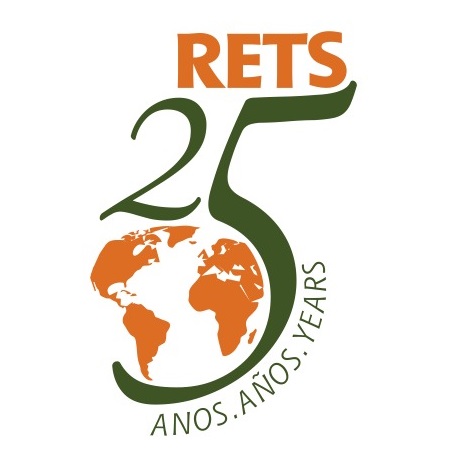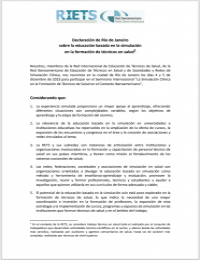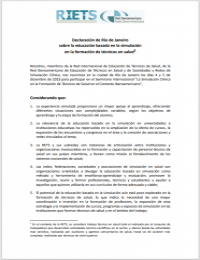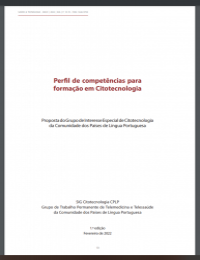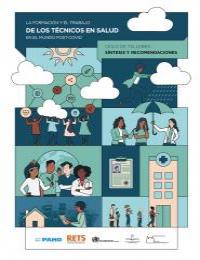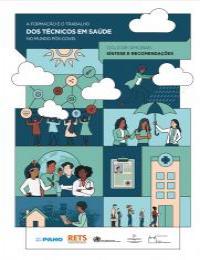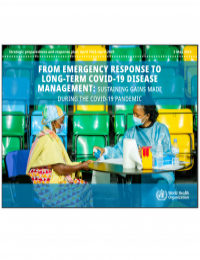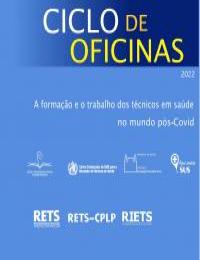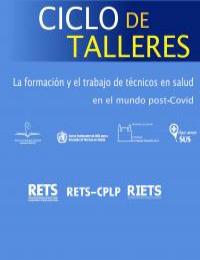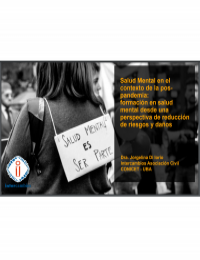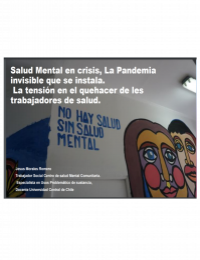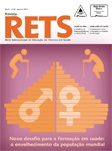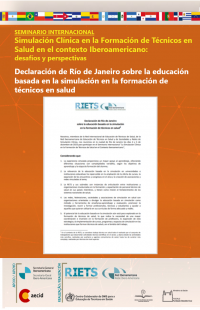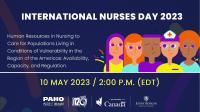The Rio Declaration highlights the importance of clinical simulation and proposes initiatives to incorporate simulation in the courses of all institutions that train health technicians, promoting a humanized and intercultural approach (In Spanish).
-
04/28/2015 - Current Executive Secretariat of the RETS, the Joaquim Venâncio Health Polytechnic School (EPSJV/Fiocruz) announces the onset of works to carry out an international multicenter study to identify and analyze the quantitative and qualitative supply of health technical workers training in different countries. Invitations are being sent to the Network’s institutions, but other educational and research institutions may also be eligible to join, provided they meet the established requirements and submit, no later to than May 15, 2015, the “Interest in participating in the Multicenter Study form” duly completed.
-
04/17/2015 - The World Immunization Week, which will be held from 24-30 April 2015, will signal a renewed global, regional, and national effort to accelerate action to increase awareness and demand for immunization by communities, and improve vaccination delivery services. This year’s campaign focuses on closing the immunization gap and reaching equity in immunization levels as outlined in the Global Vaccine Action Plan, which is a framework to prevent millions of deaths by 2020 through universal access to vaccines for people in all communities.
-
04/16/2015 - From April 8 to 10, Panama hosted the 7th edition of the Summit of the Americas, whose central issue was: Prosperity with Equity: The Challenge of Cooperation in the Americas”. The event promotes the meeting of Heads of State and Government of the Americas to debate shared policy issues, affirm common values and outline strategies for national and regional actions in order to address present and future common challenges among countries in the region.
-
04/10/2015 - WHO’s new registration system will enable it to build a global roster of foreign medical response teams ready to deploy for emergencies. The Global Foreign Medical Teams Registry sets minimum standards for international health workers and allows teams to clearly outline their services and skills. This facilitates a more effective response and better coordination between aid providers and recipients.
-
04/07/2015 - Unsafe food is linked to the deaths of an estimated 2 million people annually – including many children. Food containing harmful bacteria, viruses, parasites or chemical substances is responsible for more than 200 diseases, ranging from diarrhoea to cancers.New threats to food safety are constantly emerging. Changes in food production, distribution and consumption; changes to the environment; new and emerging pathogens; antimicrobial resistance - all pose challenges to national food safety systems. Increases in travel and trade enhance the likelihood that contamination can spread internationally. As our food supply becomes increasingly globalized, the need to strengthen food safety systems in and between all countries is becoming more and more evident. That is why the WHO is promoting efforts to improve food safety, from farm to plate (and everywhere in between) on World Health Day, 7 April 2015.
-
04/01/2015 - For the third consecutive year, the Global Health Workforce Alliance is pleased to join forces with civil society partners- Frontline Health Worker Coalition and the Health Workforce Advocacy Initiative to bring you World Health Worker Week, which will run from April 5-11. World Health Worker Week is an opportunity to mobilize communities, partners and policy makers in support of health workers worldwide. We are pleased to invite all HRH stakeholders, GHWA members and partners to celebrate the week by raising public awareness and engagement on health workforce issues, and recognize the lifesaving contribution of the health workforce.
-
03/04/2015 - To raise awareness about the impact of congenital anomalies, the Pan American Health Organization/World Health Organization (PAHO/WHO) has joined with 11 other leading global health organizations to commemorate the first World Birth Defects Day (3 March).
-
02/24/2015 - The World Health Organization (WHO) is urging affected countries to scale up their investments in the fight against neglected tropical diseases, to improve the health and well-being of more than 1.5 billion people. This investment would represent as little as 0.1% of current domestic expenditure on health in affected low- and middle-income countries for the period 2015-2030.
-
02/24/2015 - Use of the same syringe or needle to give injections to more than one person is driving the spread of a number of deadly infectious diseases worldwide. Millions of people could be protected from infections acquired through unsafe injections if all healthcare programmes switched to syringes that cannot be used more than once. For these reasons, WHO is launching a new policy on injection safety to help all countries tackle the pervasive issue of unsafe injections.
-
02/10/2015 - More than 50 million people worldwide have epilepsy. To help defeat the disorder, the WHO Programme on Reducing the Epilepsy Treatment Gap seeks to expand the skills of primary care, non-specialist health care providers to diagnose, treat and follow up with people with epilepsy. The Programme engages in health system strengthening, improving the availability of antiepileptic medicines and raising awareness about epilepsy. The Programme is currently being implemented in 4 countries: Ghana, Mozambique, Myanmar and Viet Nam.


